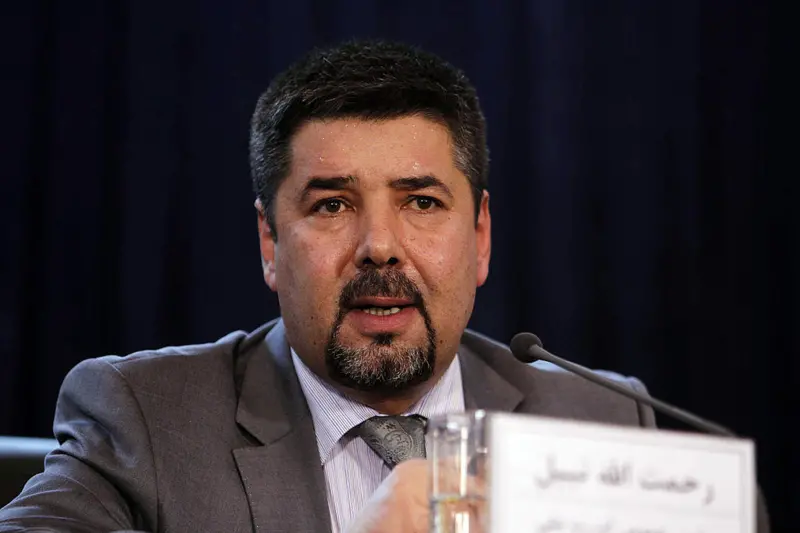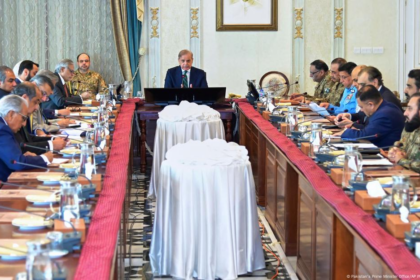RASC News Agency: Rahmatullah Nabil, the former head of Afghanistan’s National Directorate of Security, has accused the Taliban of transforming military corps into breeding grounds for terrorists, operating under the guise of religious titles such as “Qari” (reciter of the Quran) and “Hafiz” (memorizer of the Quran). Nabil asserted that the Taliban have long pioneered the production of extremists, previously integrating such graduates into their militant ranks. He criticized the recent graduation of 164 Taliban members from the Dar-ul-Uloom of the 209 Al-Fath Corps, describing it as a calculated effort to mislead the international community.
Reflecting on the event, Nabil stated, “A military corps should focus on combat training and drills, not serve as an institution for producing clerics and Quran reciters. This is a clear deviation from the purpose of a military establishment.” He further highlighted the Taliban’s deceptive practices with an analogy: “A man selling dates was shouting, ‘Buy potatoes!’ When questioned, he explained that it was to keep flies away from his merchandise. The Taliban’s actions mirror this they obscure their true intentions by cloaking them in religious pretense.” Nabil elaborated that the Taliban have weaponized the prophetic saying ‘Al-Harb Khud’ah’ (war is deception) to disguise their extremist agenda. In his words, they are “selling dates under the label of potatoes” in a modern era shaped by artificial intelligence and global scrutiny.
The former intelligence chief emphasized that these programs are not merely educational initiatives but serve as platforms for cultivating extremist ideologies and producing terrorists. He warned that such activities pose a grave threat to regional and global stability, systematically reinforcing radicalism under the Taliban’s rule. Nabil has previously accused the Taliban of nurturing terrorist networks and training suicide bombers within Madrasas. Now three years into the Taliban’s rule, the group has graduated hundreds of individuals from religious schools and military camps. Critics argue that these graduations undermine Afghanistan’s security and further destabilize the region.






